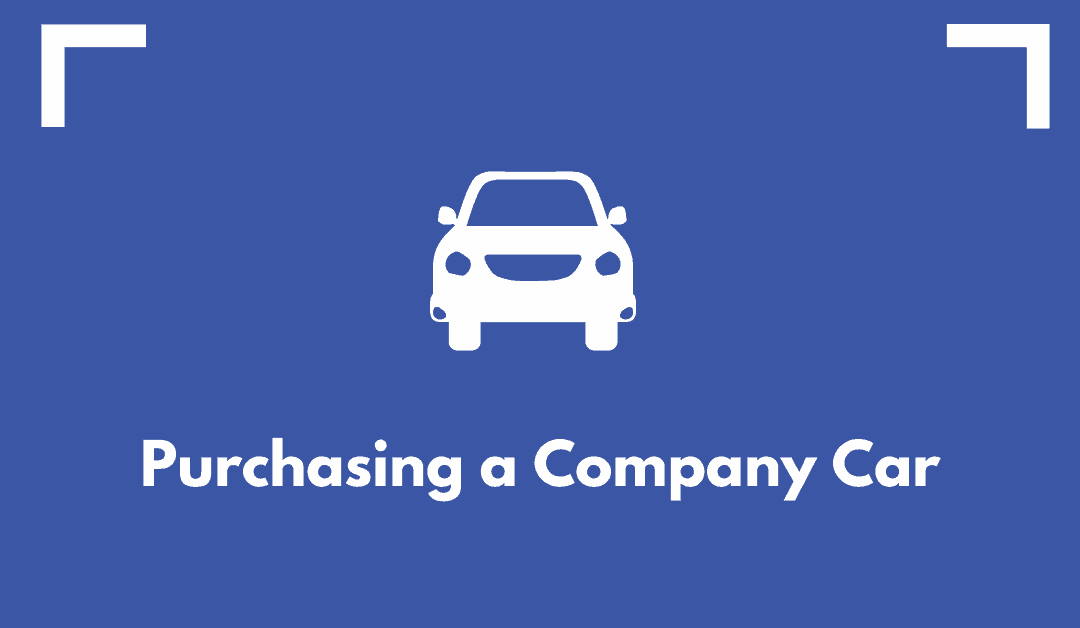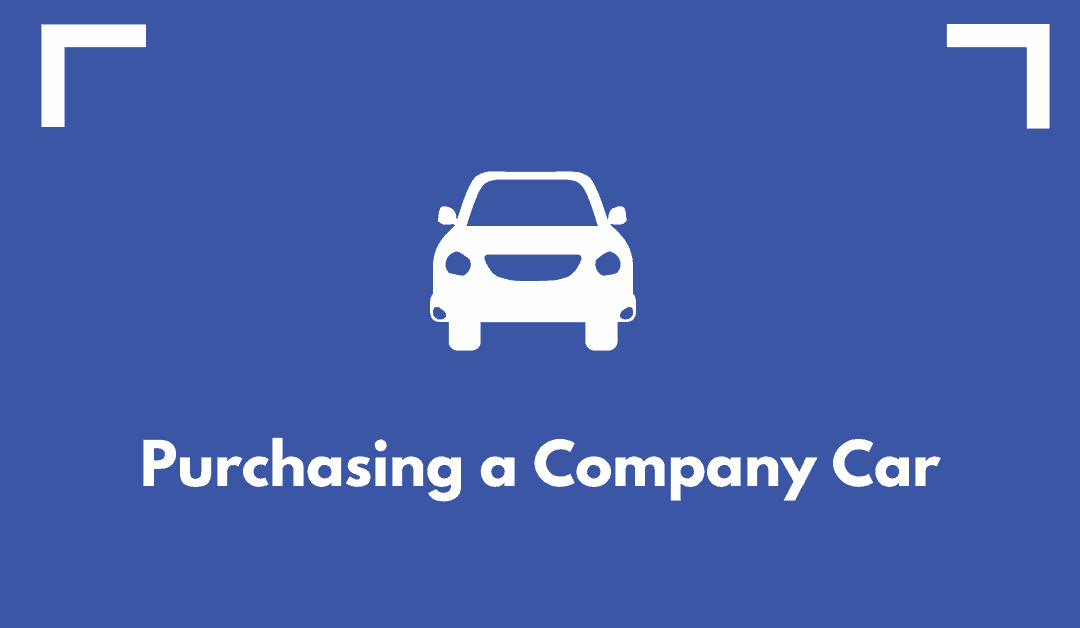Buying a car through a company under general circumstances would afford you the benefit of a healthy claim on GST credit.
However, not all situations are created equally and you must factor in a number of different situational factors before determining whether you to buy a through a company is right for you.
Beyond this, it’s also important to understand whether it’s a car for business purposes or predominantly for personal use.
This article will cover whether you should buy a car for business under the company or your personal name, and what factors you should consider.
Contents
- 0.1 Buying a Car Through a Company & The Tax Implications
- 0.2 What is Fringe Benefits Tax (FBT)?
- 0.3 You might also be interested in our article: FBT Exemptions: Corporate Gifts & Work Christmas Parties
- 0.4 Should I Consider Buying a Car Through a Company or My Personal Name?
- 0.5 What Questions To Ask When Purchasing a Company Car
- 0.6 Key Takeaways
- 1 WANT TO GROW YOUR CONTRACTING BUSINESS?
Buying a Car Through a Company & The Tax Implications
There’s a common misconception that buying a car through a company will result in huge savings in tax.
However, the rules state that you are only entitled to claim a deduction for expenses that are directly related to earning your income.
In other words, if the motor vehicle is used for personal use you can not claim a tax deduction for the personal use portion.
In fact, if the company is paying for the full use of the motor vehicle including the personal use, the business will be liable for fringe benefits tax (FBT) instead. This means that instead, you’ve increased the tax bill for your business!
The point is that buying a car through a company does not necessarily mean less tax to pay.
What is Fringe Benefits Tax (FBT)?
FBT is a 49% tax payable by the company for benefits received by the employees (or directors and family members).
This tax is separate from income tax and thus, is an extra tax the company is required to pay on top of income tax.
So what does this mean?
Basically, by buying a car through a company in an attempt to make tax savings, this has resulted in the company paying FBT of 49% for the personal use portion of the company car.
You might also be interested in our article: FBT Exemptions: Corporate Gifts & Work Christmas Parties
Should I Consider Buying a Car Through a Company or My Personal Name?
By purchasing the motor vehicle under your personal name, you are eligible to claim this as a tax deduction on the motor vehicle expenses for the business use portion of the vehicle. This can be calculated using the ‘logbook method’ or ‘cent per kilometre’ method.
Generally speaking, the logbook method will produce a better tax outcome but requires more work in maintaining.
At a minimum, a 12-week continuous log must be maintained and calculated every 5 years as long as your circumstances do not change significantly.
A purchase under your personal name also entitles you to a claim on GST credit if you are registered for GST. If not, you would not be eligible for this claim.
If you’re buying a car through a company, the business will be entitled to claim all running expenses, depreciation, GST credit and interest costs associated with the business portion of the vehicle.
Unfortunately, if it has been apportioned for personal use, remember that the company will be FBT liable as well.
What Questions To Ask When Purchasing a Company Car
- Will the motor vehicle be for private or business use?
- What portion will it be for private or business use?
- Does the car purchase include GST?
- The type of car. Is it designed for the principal purpose of carrying passengers?
- What is the carrying load capacity of the motor vehicle?
- What is the business activity of the company?
- Who is the company car for?
- Where is the company car parked after work hours?
- Are there FBT exempted motor vehicle?
- What are your employee contracts and agreements in relation to the company car?
- How is the reimbursement process for employee’s expenses relating to the motor vehicle made?
- Does the employee require a company car?
- What is the value of the motor vehicle?
- What is the taxable income of the expected staff member using the car?
- What is the expected net taxable income of the company?
Key Takeaways
Before buying a car through a company, it’s best to go over the different factors above and list down your circumstances for your accountant.
Making an ill-informed or ignorant purchase can lead to a hefty tax bill rather than savings. While there’s no clear answer to your question, engaging in a tax agent or financial advisor will help you with determining what the best strategy is in purchasing a company car (if at all).
Box Advisory Services can assist with this. Simply book a FREE consultation with us or give us a call to discuss your intended purchase to find out if it’s right for you.
Sign up to our monthly newsletter where we share exclusive small business and contractor advice!
Disclaimer:
Please note that every effort has been made to ensure that the information provided in this guide is accurate. You should note, however, that the information is intended as a guide only, providing an overview of general information available to contractors and small businesses. This guide is not intended to be an exhaustive source of information and should not be seen to constitute legal or tax advice. You should, where necessary, seek your own advice for any legal or tax issues raised in your business affairs.



